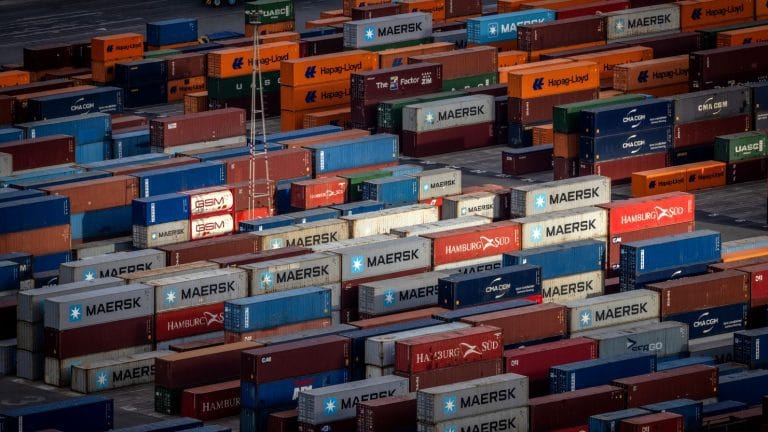🎧 Listen to This Article
In a dramatic escalation of global trade tensions, U.S. President Donald Trump announced that 30% tariffs will be imposed on imports from Mexico and the European Union starting August 1, 2025, citing Mexico’s failure to curb drug trafficking and a longstanding trade imbalance with the EU.
The announcement—delivered via formal letters posted on Trump’s Truth Social platform—represents one of the most aggressive protectionist moves of his second term and significantly intensifies pressure on both Mexico City and Brussels to strike trade deals with Washington in the coming weeks.
Key Developments
- Mexico Tariffs:
- 30% tariff applies to Mexican exports not covered by USMCA exemptions.
- Trump accused Mexico of “not doing enough” to stop illegal drugs despite cooperation on border security.
- This marks a hike from a previous 25% tariff earlier in 2025.
- EU Tariffs:
- Tariff increase from 20% to 30% affects most EU exports to the U.S.
- The EU warned of “disruptions to essential transatlantic supply chains.”
- Brussels has threatened retaliatory duties worth €21 billion on U.S. goods if no deal is reached.
- Deadline for EU negotiations pushed to August 1, with retaliatory tariffs temporarily suspended until July 14.
- Other Countries:
- Over 20 countries have received updated tariff notices.
- Canada faces a proposed 35% levy, though goods covered by USMCA are expected to remain exempt.
Implications for Trade and Supply Chains
Trump’s trade escalation comes amid growing scrutiny of his administration’s tariff strategy, which critics say is straining U.S. alliances and rattling global markets. So far, the White House has only finalized limited agreements with the United Kingdom and Vietnam, along with partial tariff de-escalation with China.
The EU, in response, reiterated its willingness to negotiate but pledged to “safeguard EU interests” through proportionate countermeasures if talks fail.
If enacted as scheduled, these sweeping tariffs could:
- Severely disrupt cross-border supply chains in automotive, pharmaceuticals, and agriculture.
- Trigger a new wave of retaliatory tariffs from key partners.
- Increase costs for U.S. consumers and manufacturers amid persistent inflation concerns.
Next Steps for Mexico and the EU
- Mexico: President Claudia Sheinbaum has yet to issue a formal response. Observers suggest diplomatic overtures may be underway to secure additional concessions or expand USMCA coverage.
- EU: European Commission President Ursula von der Leyen confirmed that the EU is actively working toward a resolution before the August 1 deadline but is preparing for retaliation if necessary.
For further details, clarification, contributions, or any concerns regarding this article, please get in touch with us at editorial@tax.news. We value your feedback and are committed to providing accurate and timely information. Please note that our privacy policy will handle all inquiries.



